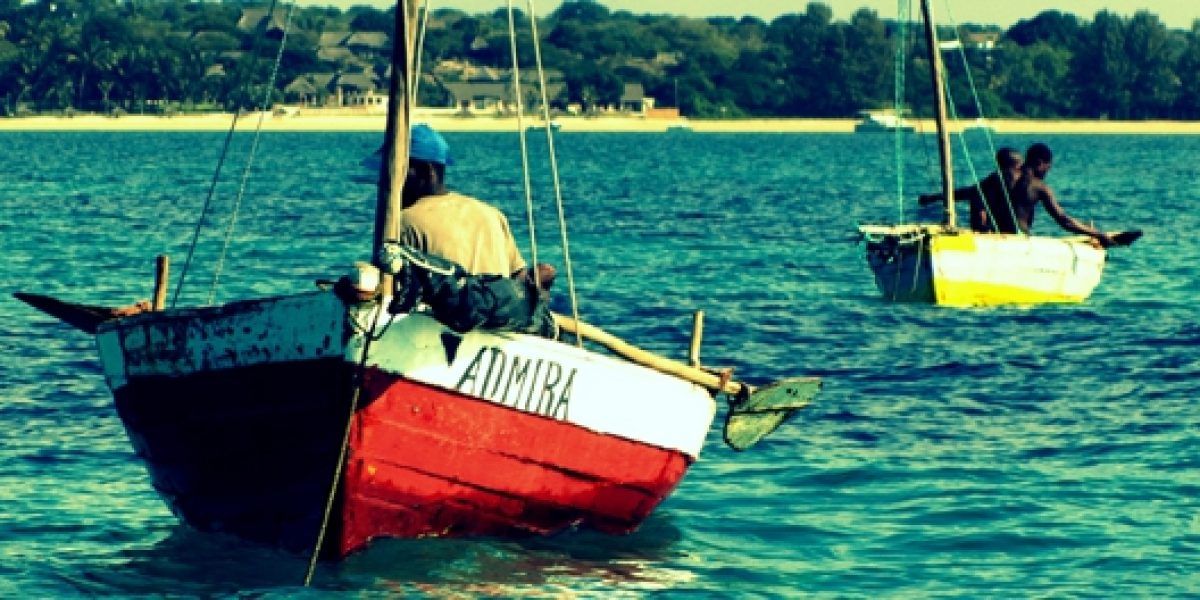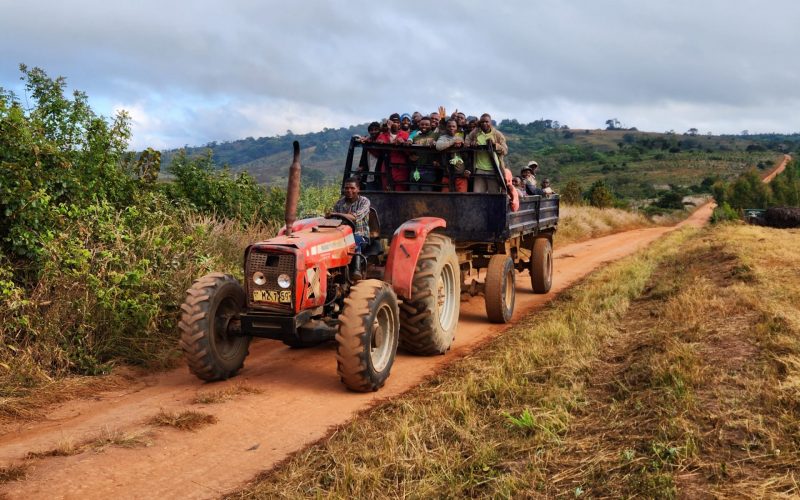These fisheries, however, face a range of pressures arising both from dynamics within the sector itself, such as overfishing and illegal fishing, as well as external forces related to the development of other sectors of the economy and geophysical changes associated with climate change. Although governance efforts related to small-scale fisheries have tended to focus on strengthening fishers’ access to markets, credit and improved fishing technologies, the emergent challenges facing the sector in a modernising economy such as Mozambique require greater focus on ensuring the sustainability of fish stocks targeted by small-scale fishers and strengthening the resilience of small-scale fishing communities.








